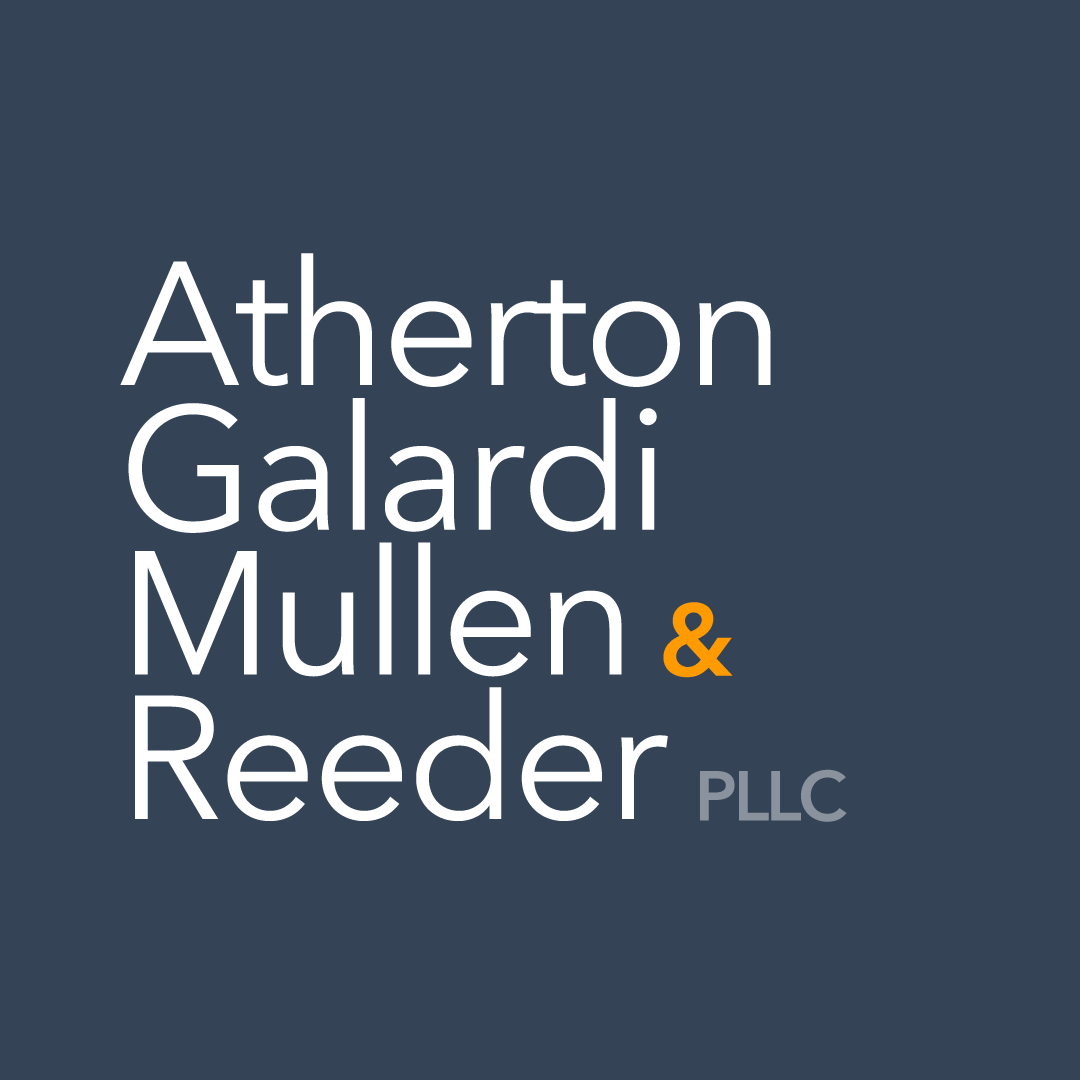ELECTRONIC DISCOVERY
The way lawyers seek and uncover evidence has evolved. Lawyers can no longer limit their skills to obtaining paper documents, because the critical evidence they need to prove their case is now more often found in emails, activity logs, and other electronic forms. Likewise, organizations can no longer ignore the potential costs and exposures of failing to properly plan for, and respond to, e-discovery requests.
At Atherton Galardi, we have experience representing a wide range of individual and organizational clients in all aspects of electronic discovery litigation and counseling, including:
- Development, management, and litigation of e-discovery search and production strategies in complex litigation
- Sensitive forensic computer investigations and computer inspections
- E-discovery crisis management, including emergency responses to motions for sanctions, alleged data loss, and spoliation claims
- Development of information management and retention policies crafted to meet the needs of individual businesses and operating units
- Implementation of in-house legal hold training programs for Legal, Human Resources, IT, and other departments to reduce e-discovery risks
- Advice regarding regulatory compliance, including in regard to medical records, HIPAA, IRS, SEC, and other regulatory fields
- Development of computer usage and workplace privacy policies
We use our unique e-discovery experience to effectively prosecute our clients’ claims, and aggressively defend our clients’ interests.
ELECTRONIC DISCOVERY EXPERIENCE
Representation of both public and large private companies in connection with creating, drafting, and implementing company-wide legal hold policies, including creation of standard legal hold protocols, training in-house legal, human resources, and information technology departments, and providing records retention advice to help facilitate compliance with state and federal record keeping requirements.
Obtained an order striking a plaintiff’s pleadings as a sanction for hacking into a co-defendants’ email account during the course of discovery in a pending litigation. The plaintiff, who was seeking over $1 billion in economic damages as part of his claims, argued that this sanction was too severe and would amount to the largest sanction ever imposed by any court. Following a five day trial, the court determined that this sanction was not too severe, dismissed the plaintiff’s claims with prejudice, and entered judgment against the plaintiff based upon his misconduct during discovery. See Leor Exploration & Production, LLC v. Aguiar, 2010 WL 3522053 (S.D. Fla. Sept. 8, 2010).
Obtained an order striking an opposing party’s pleadings and granting attorneys’ fees as a sanction after proving that the opposing party submitted a “doctored” email to the court in support of statutory claims which sought economic damages over $40,000,000.00. Following a four day trial, the court found, “by clear and convincing evidence, that either [the opposing party] or his attorney … fraudulently doctored the email.” See Palm Beach Florida Hotel v. Nantucket Enterprises, Inc., 2013 WL 686433 (Fla. Cir. Ct. Feb. 25, 2013). In addition to sanctioning the opposing party, the Court subsequently entered a further summary judgment order rejecting the opposition’s statutory damage claims.
Obtained order taxing certain e-discovery costs against opposing party after prevailing at trial. Although U.S. District Courts are not uniform on taxation of e-discovery costs, the court ruled that “copies of files, obtained from e-discovery, are taxable as long as they are ‘necessarily obtained for use in the case.'” See Aguiar v. Katten Muchin Rosenman LLP, Case No. 09-60683-CIV-SEITZ/O’SULLIVAN (S.D. Fla. Apr. 15, 2011) [DE 325].
RELATED PRESENTATIONS AND PUBLICATIONS
- Association of Corporate Counsel, Co-Presenter, The E-Discovery Survival Guide: Practical Risk And Cost Management Strategies For In-house Counsel, October 2012
- Florida Institute of Certified Public Accountants Seminar, Speaker, “Social Networking Professional Liability and Employment Risks,” September 2011
- Florida Institute of Certified Public Accountants Seminar, Speaker, “Electronic Document Retention Obligations,” September 2011
- Hot Employment Issues, Author, “Florida Federal Court Gives Guidance on Employers’ Computer Use/Privacy Policies”, May 2011
- American Intellectual Property Law Association Mid-Winter Conference, Speaker, “Managing the Risks of Law Firm Social Networking,” February 2011
- Hot Employment Issues, Author, “HR’s Addition of a Legal Hold Policy to the Employee Handbook Can Help Reduce E-discovery Risks.” January 2011
- Nova Southeastern University M.S. in Employment Law Residential Institute Presentation, Speaker, “E-Discovery in Employment Litigation: Strategies for Implementing Sound Legal Hold Policies to Reduce Employers’ Exposures,” July 2010
- Presented eight-part Continuing Legal Education course on all aspects of the electronic discovery process, including electronic file identification, preservation, collection, processing, review, production, and litigation strategies, January-August 2010
